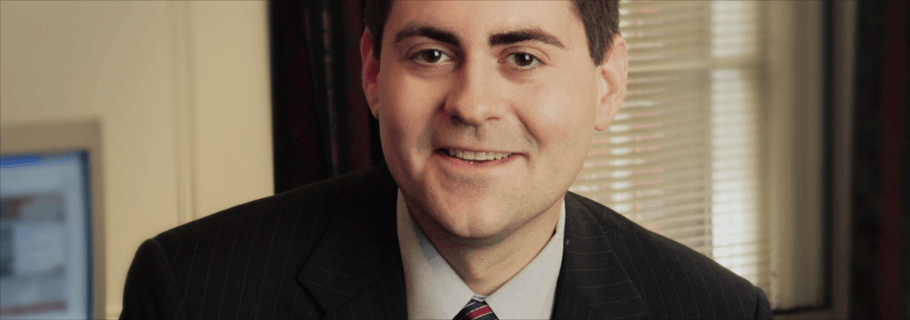Every analogy breaks down at some point which is why it is unwise to push an illustration too far. In the past I have written about the data each of us creates on a daily basis and have illustrated with airplanes and bloodhounds. We create data all the time and just as airplanes leave contrails in the skies, we leave a trail of data; like bloodhounds can track a trail of sweat and breath and dropped skin cells, people with access to our data can track what we have done and what we are doing.
While we all know that we leave data trails behind us, we may have been under the comfortable impression that this data is like contrails and skin cells that dissipate so that in a short time it is gone and can no longer lead to anyone or anything. But this is where the illustration breaks down. In what may prove to be one of the greatest government leaks of all time, Edward Snowden blew the whistle on the NSA and warned us all that our data is being actively collected and stored so that, in time, it may be analyzed and used against us. Big Brother is watching all of us, or, at least, he can watch all of us if he so chooses. It is little surprise that sales of Orwell’s 1984 have spiked almost 10,000% in the days since.
You and I are data-creating machines. We create electronic data actively through Facebook comments, emails, blog posts, phone calls, and so much else. Even the letters we mail end up creating data as the envelopes are (sometimes) photographed and stored as an image. We also create data passively through cell phones checking in at the nearby towers and loyalty cards swiped at checkouts. All of this data is collected and increasingly it is collated and analyzed in order to create profiles. Such profiles are invaluable to businesses who want to market their products as precisely as possible; such profiles are invaluable to governments who want to prevent terrorism or dissension.
Caution is in order as some of the early reports probably over-stated the matter.
We still do not know exactly what the NSA and other government bodies are collecting and what they are doing with it. Caution is in order as some of the early reports probably over-stated the matter. What we do know is that government organizations are apparently demanding and keeping records of who is calling whom, when and for how long. There is a lot of dispute about whether they have some kind of backdoor access to Facebook and Apple and Google and all the other giants of the digital world. We will probably never know the exact details. It is likely that some of what is captured is genuinely helpful and important to the security of nations; it is equally probable that far more data is captured than is needed and that this data is stored for future use. But either way, the government is monitoring you.
What is beyond dispute is that our electronic communication exposes us to snooping in a whole new way. It used to be that spies were taught how to painstakingly open and then reseal envelopes so they could read the contents and leave behind no trace of their espionage. Today our communications are broadcast across the world and any number of people can set up silent “traps” between source and destination in order to capture data. And increasingly data is eternal; the emails we erase from our inboxes may still be stored somewhere and will probably be stored there forever. So too with the records of our phone calls and the things we have said on Facebook and the things we have searched for through Google.
This story will continue to unfold in the days and weeks ahead. But whatever else comes of it, we do well to keep a few things in mind.
The data we create, which is to say, the data we leave behind, is very revealing about who we are, what we value, and what we have done.
First, we are more than our data, but we are not less than it. The data we create, which is to say, the data we leave behind, is very revealing about who we are, what we value, and what we have done. And this is exactly why it is so important to business and government. The data you create may speak more truthfully than your own words. Your data knows you are pregnant before you tell your parents; it knows if you are gay or straight; it knows things you may not have told a soul.
Second, we may never outrun our data. We need to regard data as eternal rather than being something we can willfully destroy at our convenience. Be aware of the data you create and the trail you leave behind, for the trail may never run cold. View your data trail as a kind of accountability that keeps you from straying in ways the data may later reveal.
Third, fear God more than the NSA. Yes, it is intimidating to think of governments recording our data, storing it, analyzing it, and someday using it against us. Truly, we are not far from Orwell’s vision of government eavesdropping on us at all times, getting inside our motives, and accusing us of thought crimes (or even pre-crimes). Do not miss the opportunity to understand that God is far more vigilant than the NSA and that he sees every thought and intention of our hearts. Romans 14:4 seems pertinent: “Who are you to pass judgment on the servant of another? It is before his own master that he stands or falls. And he will be upheld, for the Lord is able to make him stand.”










